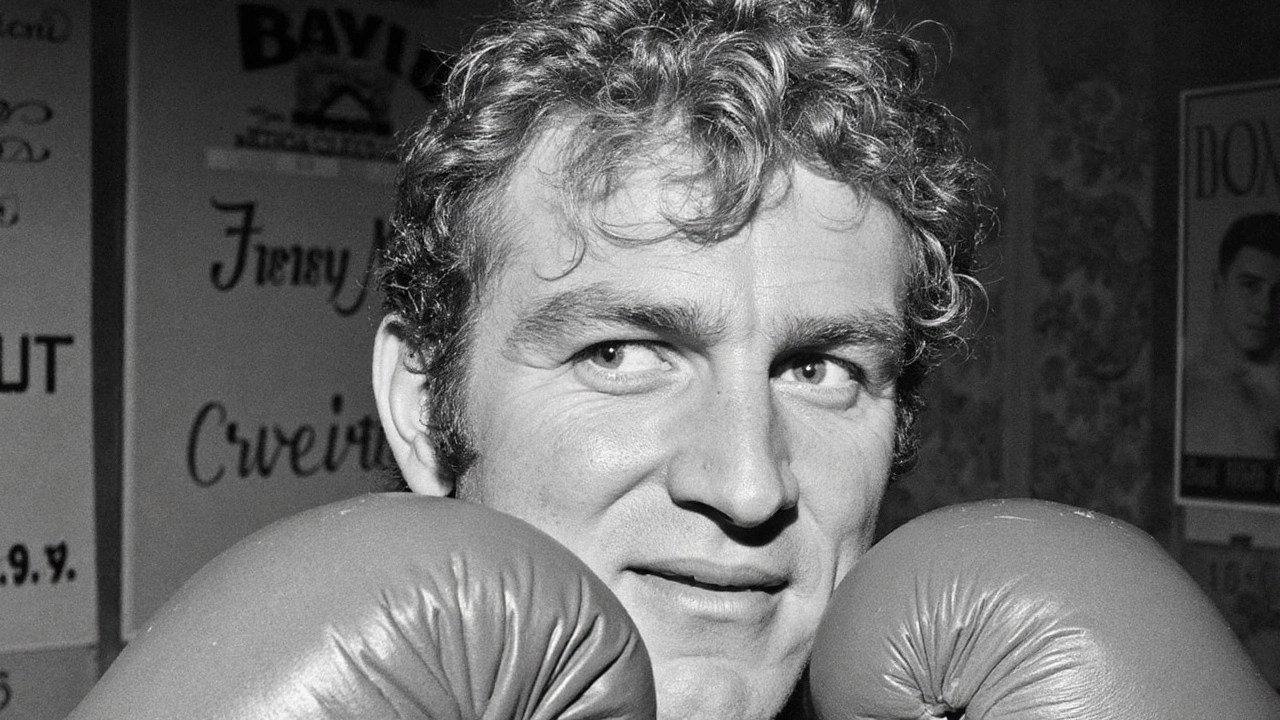What we know right now
One post, a few shares, and suddenly a boxing legend is said to be gone. As of publication, reports that Joe Bugner has died at 75 remain unverified. There’s no official statement from family, no confirmation from boxing authorities, and no credible obituaries from major outlets. Our review of reputable news wires, national newspapers, and sporting bodies turned up no proof—only fresh chatter repeating the same claim.
Why the confusion? Bugner’s name spikes online every so often, usually tied to his two bouts with Muhammad Ali—first in 1973, then in 1975. The search results many people are seeing right now mostly loop back to those famous nights. Until a direct, on-the-record confirmation emerges, the claim of his death should be treated as unconfirmed.
The career that refused to be simple
Bugner’s story is bigger than two Ali scorecards. Born in Hungary in 1950, he arrived in Britain as a child after his family fled the 1956 uprising. He turned professional as a teenager, a tall, rangy heavyweight who preferred economy to chaos. That measured style—good jab, smart defense, low-risk rounds—won him fights and, at times, drew heat from crowds that wanted fireworks.
In 1971, he outpointed Henry Cooper to claim the British and Commonwealth titles. It was tight, it was contentious, and it effectively ended Cooper’s career. The decision haunted Bugner for years, not because he didn’t box well, but because Cooper was beloved and many fans felt the torch was passed the wrong way. From then on, Bugner was judged as much by emotion as by the scorecards.
Two years later came Joe Frazier. Bugner went the distance and lost on points, but the performance hardened his reputation: tough, durable, and hard to look good against. That same year he met Ali for the first time, dropping a decision after a tactical fight that showed why the division rated him. He met Ali again in 1975—this time in Kuala Lumpur—lasting the full 15 rounds as the champion coasted on ring craft and experience.
Bugner held the British, Commonwealth, and European belts across different stretches, proving he wasn’t just a gatekeeper. He later moved to Australia and boxed under its flag, extending a career that fascinated and frustrated in equal measure. He stepped away more than once, then came back again—most memorably in the late 1980s for a high-profile meeting with Frank Bruno at Wembley, which Bruno won by stoppage.
Longevity became part of his brand. He fought into his forties and even beyond, picking up minor titles and reminding younger heavyweights that timing and ring craft can blunt raw power. Critics never warmed to his safety-first approach, but insiders respected the discipline it takes to get through rounds against punchers and make them miss.
If you’re trying to place him in heavyweight history, think of Bugner as the bridge between eras. He wasn’t Ali, Frazier, or Foreman. But he was the talented, awkward man in the middle whose presence forced the greats to work and whose results shaped the top ten for years. A durable technician with enough size to bother anyone and enough composure to hear the final bell when others couldn’t.
Here’s a quick timeline of the key points people search for most:
- 1971: Outpoints Henry Cooper to win British and Commonwealth titles in a controversial decision.
- 1973: Goes the distance with Joe Frazier; meets Ali for the first time and loses on points.
- 1975: Rematch with Ali in Kuala Lumpur; lasts 15 rounds in a clear decision loss.
- Late 1970s–1980s: Moves to Australia, adds to a stop-start career with multiple comebacks.
- 1987: Faces Frank Bruno at Wembley; loses by TKO, but remains a marquee name.
As for today’s claim about his death, here’s the standard checklist we use before treating it as fact:
- Is there a direct statement from family or a long-time representative?
- Have major news agencies (the ones that routinely verify obituaries) published confirmations?
- Do national boxing federations or hall-of-fame bodies note the passing?
- Are multiple independent outlets reporting, or are they all citing the same un-sourced post?
At this moment, the answer to those questions is either “no” or “not yet.” That doesn’t mean the rumor is impossible. It means it isn’t verified. When it is, you’ll see clear, attributable sourcing—names, dates, and records that match public documentation. Until then, the only solid ground is his record: a heavyweight who twice shared a ring with Ali, beat a national icon in Cooper, stood tall with Frazier, and carried British and Australian boxing through a bruising era.
If firm confirmation emerges, we’ll update with the details. For now, treat the social posts as noise and remember the fighter who built a long career on timing, toughness, and clever rounds—whether the crowd cheered or not.
